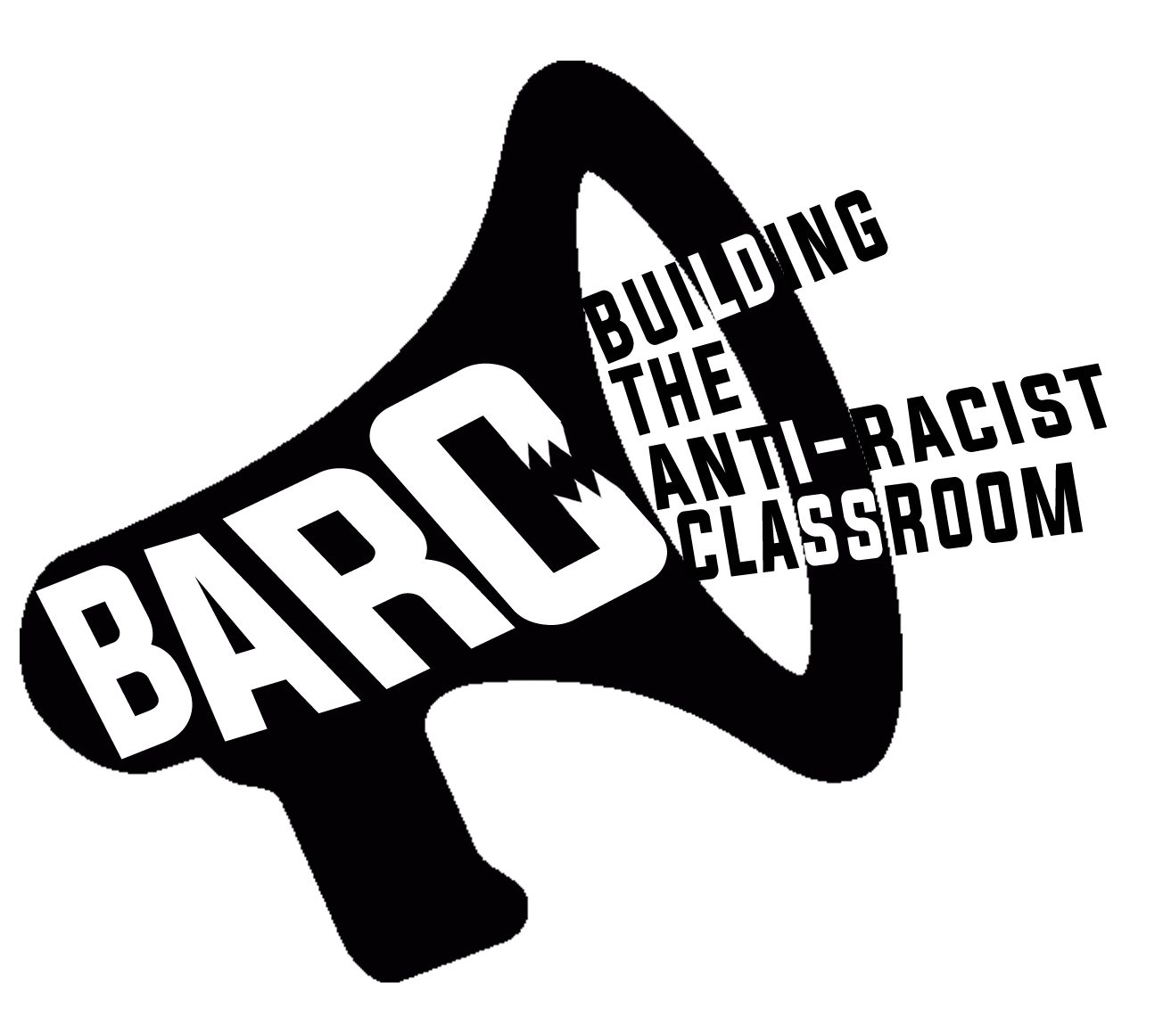The BARC collective begins each session with a ground-clearing practice that sets a levelled foundation upon which to build our work and relations in the workshop space.
Artist and activist Hanalei Ramos has problematised the notion of the safe space. While the safe space is invoked at most every event discussing the experiences of marginalised people, we make efforts to understand participants’ expectations and reasons for attending. We do not know how the discussions will unfold and so we must acknowledge that it is not possible to guarantee complete safety. Instead, Ramos suggests that principled spaces are better suited to creating the environments we wish to develop: we can commit to adhering to a set of principles that guide and shape the space, and increase the possibility of safety for all involved.
Our principles are:
1) Be aware of your privilege and take a step back so marginalised people can lead, consciously challenging any implicit hierarchy where gender trumps other dimensions of marginalization including race.
2) Believe people’s accounts of their experiences of marginalisation, and honour people’s vulnerability by not disputing their lived experience, keeping in mind principle number 1.
3) If you feel unsafe for any reason, we have a safety officer with whom you can have a private discussion that will be fed back to organisers anonymously. The organisers commit to taking steps to address any issues and improve the conditions for the rest of the event.
4) All the experiences that are shared here may be deeply personal and should be treated in confidence. While we cannot guarantee full confidentiality, we request that unless explicit consent is requested and given, that discussions held in the room should stay in the room.
5) We encourage participants to tweet, make posts, comments and critiques using the hashtag #barcworkshop, but to respect other participants, you are not permitted to make derogatory comments or posts about any person in the room, or to share experiences that are not yours without explicit consent.
6) While these principles are intended to apply to all, they are written in recognition of existing power structures that continue to marginalise people of colour, perpetuate anti-Blackness and promote white privilege/power. This should be kept in mind throughout the workshop.
